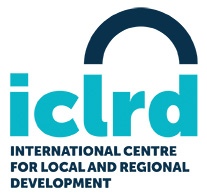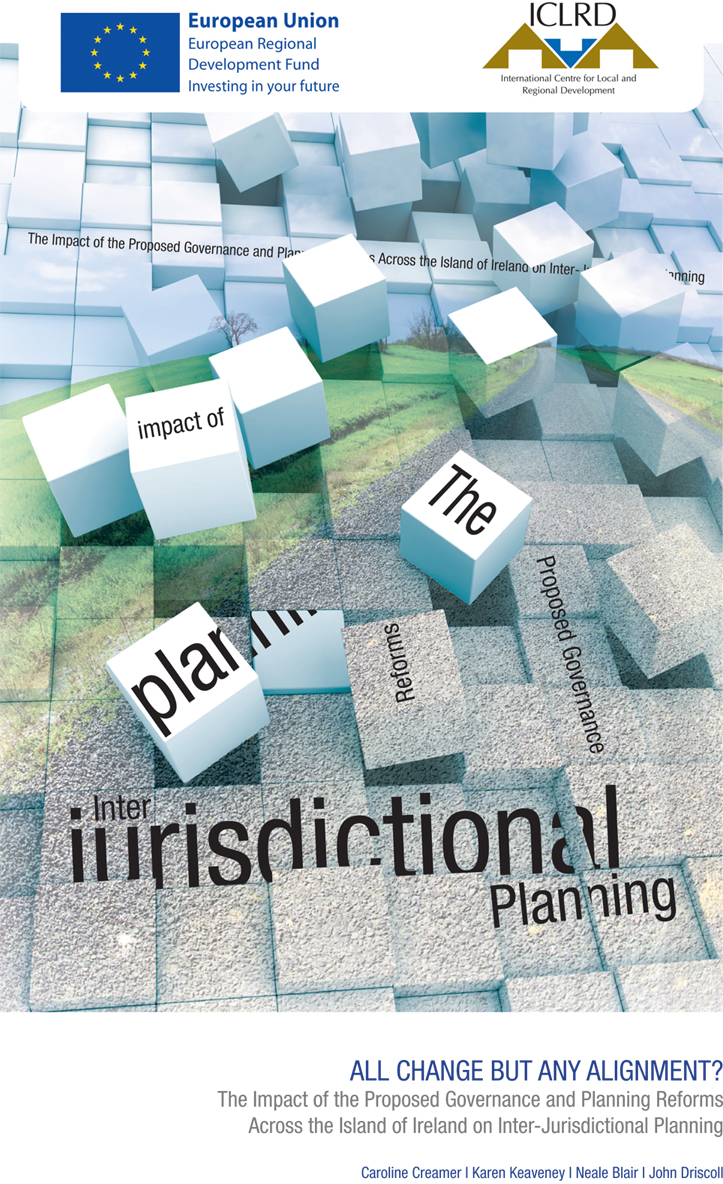 The International Centre for Local and Regional Development (ICLRD) is delighted to announce the publication of their latest study, All Change But Any Alignment? The Impact of the Proposed Governance and Planning Reforms Across the Island of Ireland on Inter-Jurisdictional Planning. Published at the end of June 2010, this report considers the implications of the proposed governance and spatial planning reforms in both jurisdictions on future collaboration. The report can be downloaded from here.
The International Centre for Local and Regional Development (ICLRD) is delighted to announce the publication of their latest study, All Change But Any Alignment? The Impact of the Proposed Governance and Planning Reforms Across the Island of Ireland on Inter-Jurisdictional Planning. Published at the end of June 2010, this report considers the implications of the proposed governance and spatial planning reforms in both jurisdictions on future collaboration. The report can be downloaded from here.
This report comes out of a 12-month research programme on the proposed reform of local government in Northern Ireland as part of the wider process of the Review of Public Administration (RPA), and the planning and governance reforms proposed for the Republic of Ireland under the Planning and Development Bill 2009 and the Green Paper on Local Government Reform. The research has been carried out by a multi-disciplinary team within ICLRD and has been funded under our CroSPlaN Initiative, an INTERREG IVA funded-project which is being administered by the SEUPB.
This report captures many of the features, opportunities and challenges associated with the reform of governance and planning systems. It notes that scope exists for greater engagement on spatial planning issues either side of the border; and that the extent to which this can happen is dependent on the nature and form of governance structures and systems in place. It traces the history of the proposed reforms in both jurisdictions from their point of origin to their current state of play. The report concludes that planning policy in Northern Ireland and the Republic of Ireland must recognise, and indeed embrace, the movement of people, goods and services across the Irish border so as to ensure the vitality of the island’s economy and, in the current climate, drive forward an efficiency agency; and that change in both jurisdictions is necessary to make this happen more fluidly. Sounding a note of caution, however, it warns that the achievement of economies of scale should not be the only reason used to ‘sell’ any reform process.

